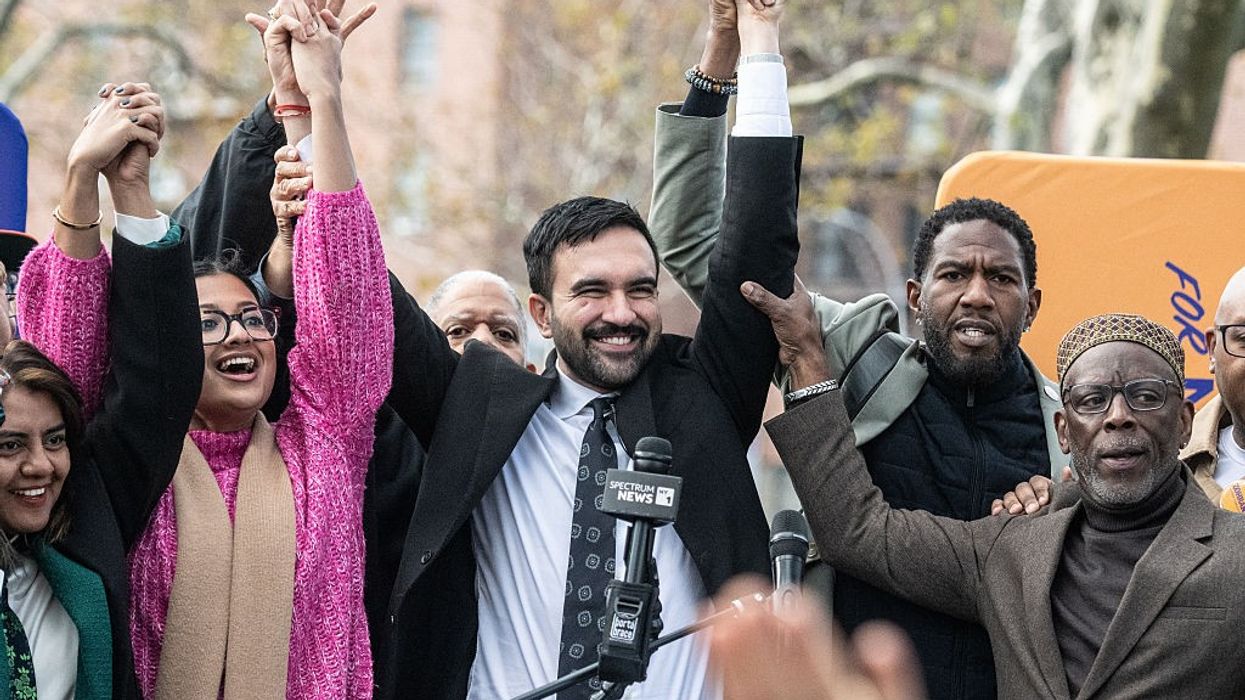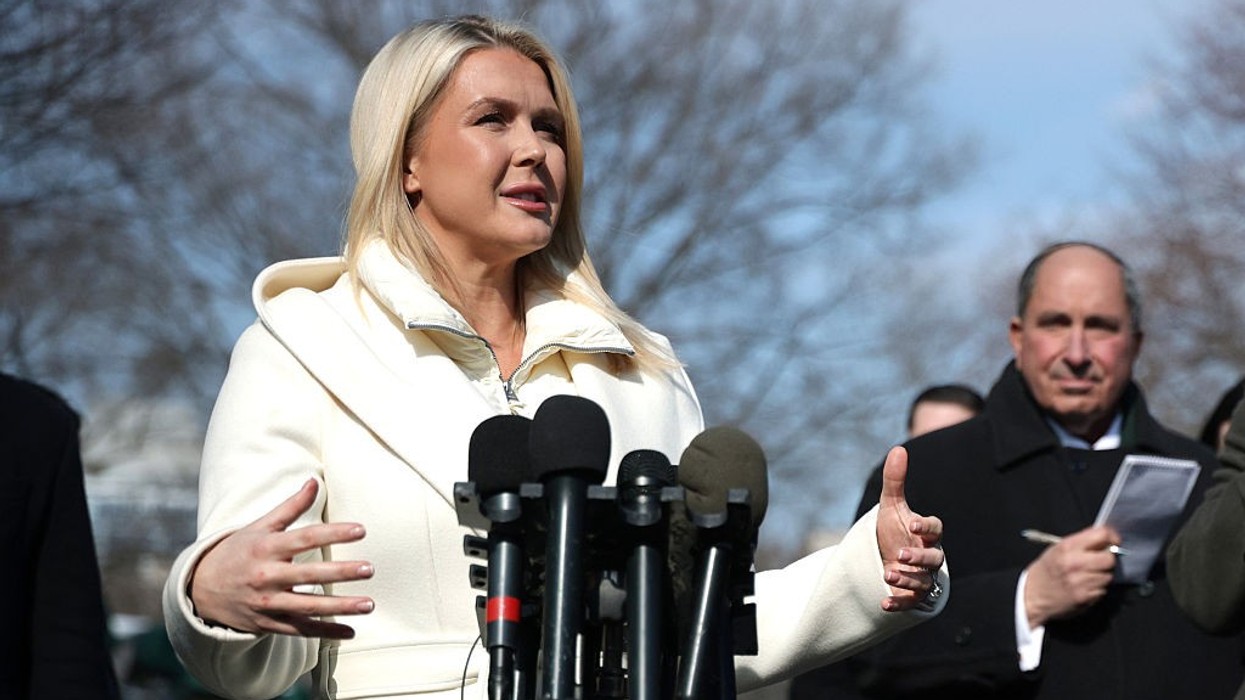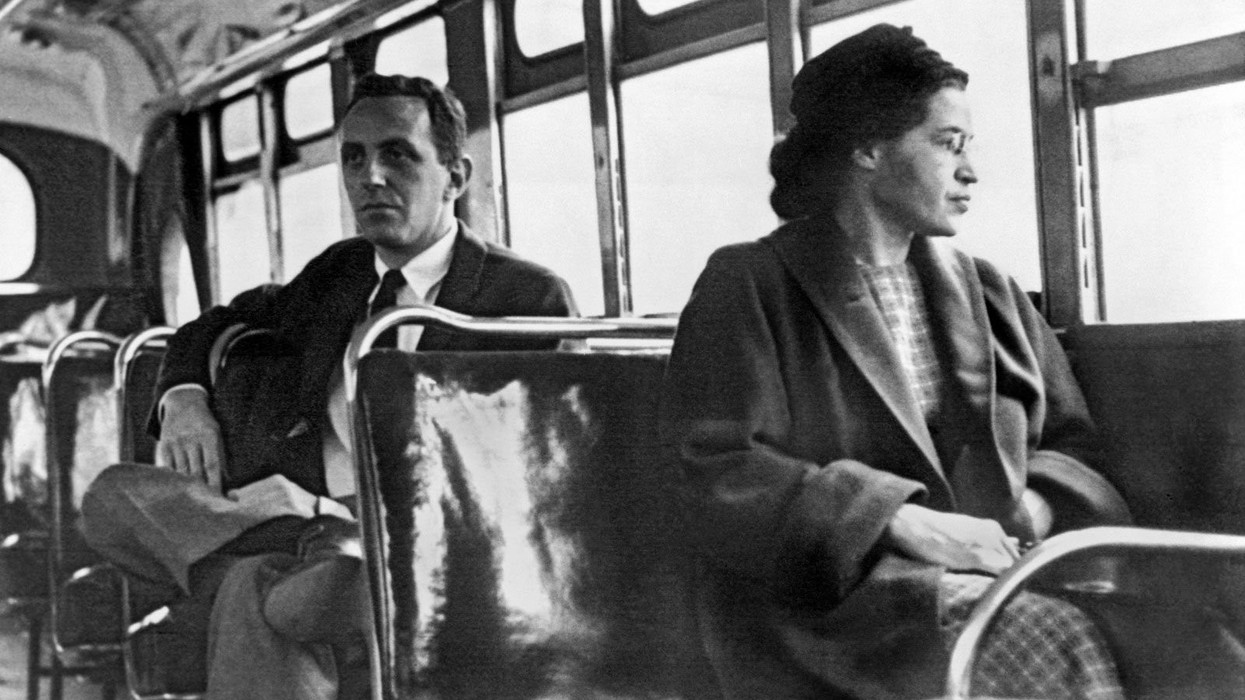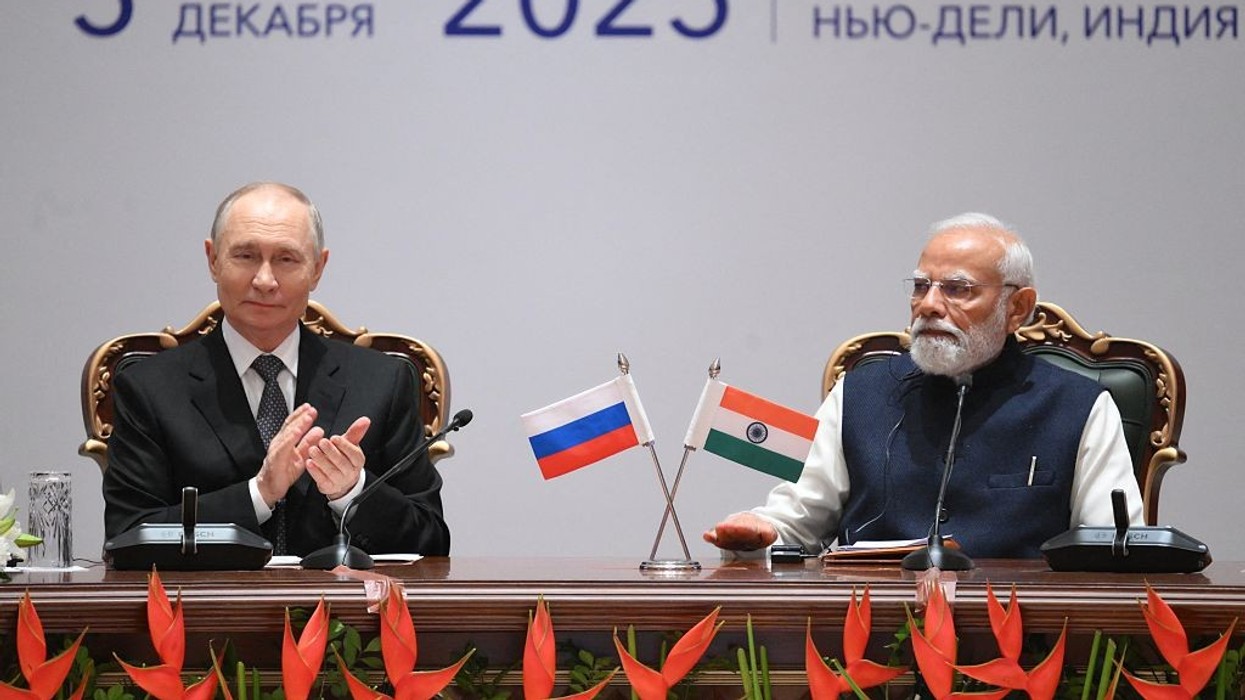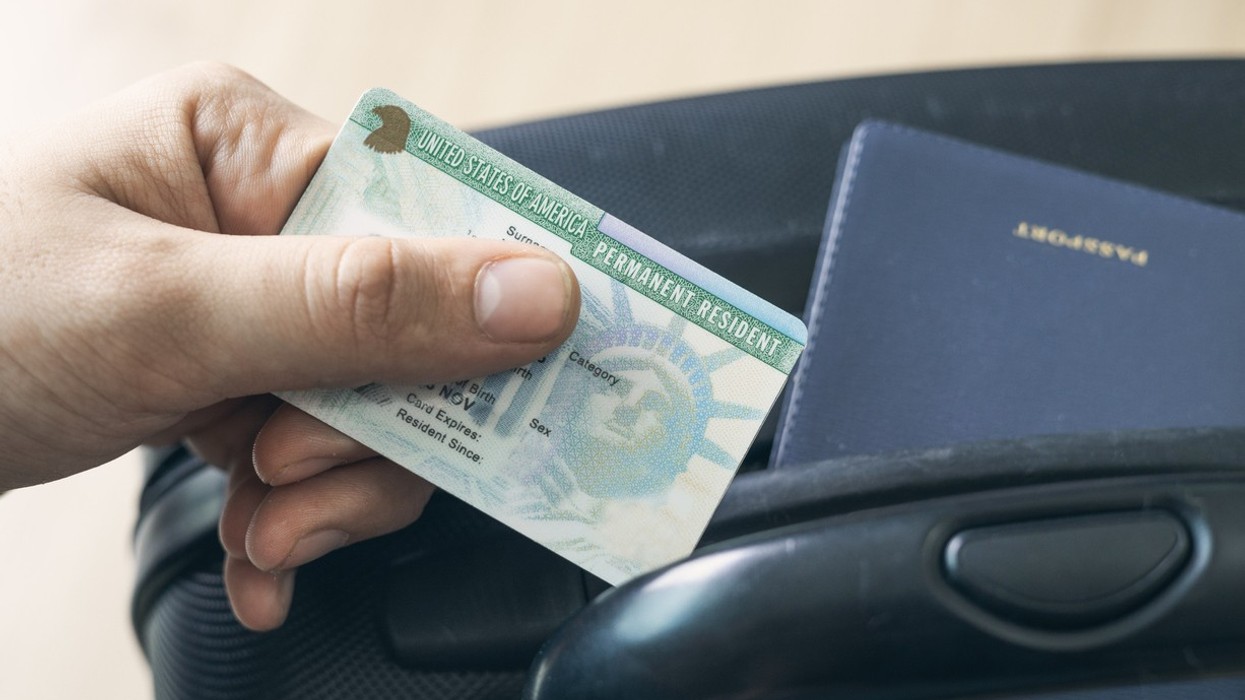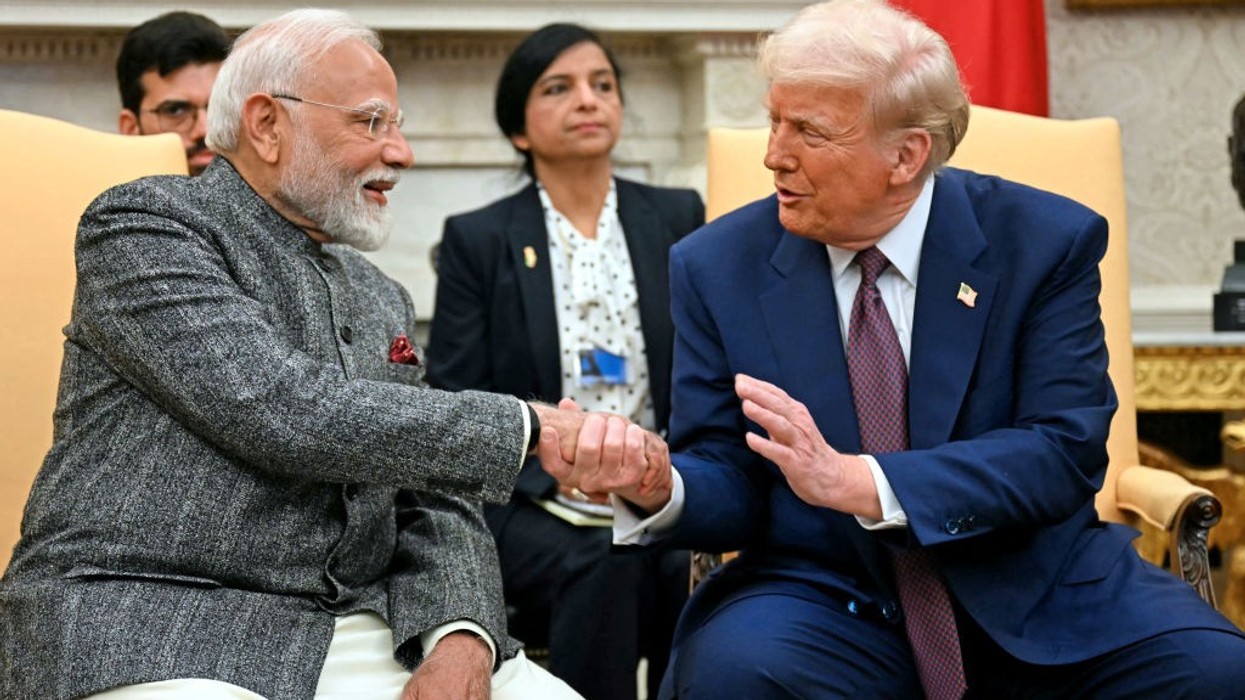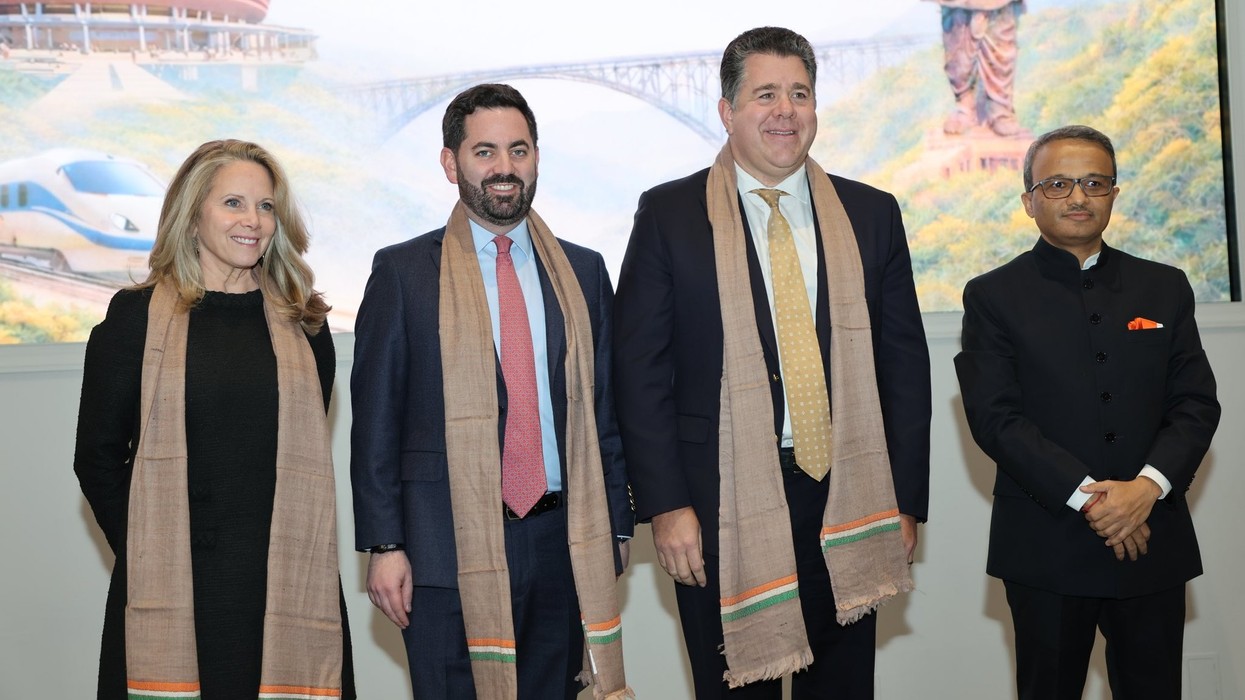Zohran Mamdani’s victory in the New York City mayoral race marks a milestone moment for the city’s political history. At 34, he becomes the youngest mayor since 1892, the first Muslim to hold the office, and New York’s first mayor born in Africa. His rise has been widely described as inspirational, rooted in activism, community organizing, and a message of immigrant empowerment. Yet, despite his growing national prominence, Mamdani is constitutionally barred from seeking the office of President of the United States.
The reason lies in Article II, Section 1, Clause 5 of the US Constitution. This section outlines three main requirements for presidential eligibility: the individual must be a natural-born US citizen, must be at least 35 years old, and must have lived in the United States for at least 14 years. The most significant of these in Mamdani’s case is the requirement of being a natural-born citizen. To qualify as “natural-born,” an individual must either be born on US soil or be born abroad to at least one US citizen parent.
Mamdani does not meet this condition. He was born in Kampala, Uganda, and later immigrated to the United States. While he is now a naturalized US citizen, he obtained his citizenship in 2018, naturalization does not fulfil the constitutional requirement for eligibility to the presidency. Unless the US Constitution is amended, he is permanently ineligible to compete for the highest elected office in the country.
Zohran Mamdani’s family background further illustrates his global cultural and political identity. His father, Mahmood Mamdani, is a Ugandan scholar and academic of Indian origin, widely respected for his work in political theory. His mother, Mira Nair, is an internationally acclaimed Indian-American filmmaker known for critically acclaimed films such as Monsoon Wedding, Salaam Bombay! and The Namesake. Growing up in such a multicultural and artistic environment, Mamdani’s public perspective and political ideology have been shaped by immigrant experiences, social justice movements, and global awareness.
His mayoral win itself was far from guaranteed. Entering the race with limited funding, limited name recognition, and minimal backing from major political institutions, Mamdani overcame strong competitors including former New York Governor Andrew Cuomo and Republican nominee Curtis Sliwa. His campaign leaned heavily on grassroots mobilization, youth voters, and progressive networks within the Democratic Party.
In his victory speech, he emphasized his identity and his commitment to immigrant communities:
“New York will remain the city of immigrants, a city built by immigrants, powered by immigrants, and as of tonight, clearly led by an immigrant. I am young, I am Muslim, I am a democratic socialist — and I refuse to apologise for any of it.”
Yet, while Mamdani’s leadership breakthrough may shape the political direction of New York and inspire similar movements nationwide, the constitutional barrier means the presidency will remain beyond his reach unless the United States reconsiders its foundational eligibility rules.
